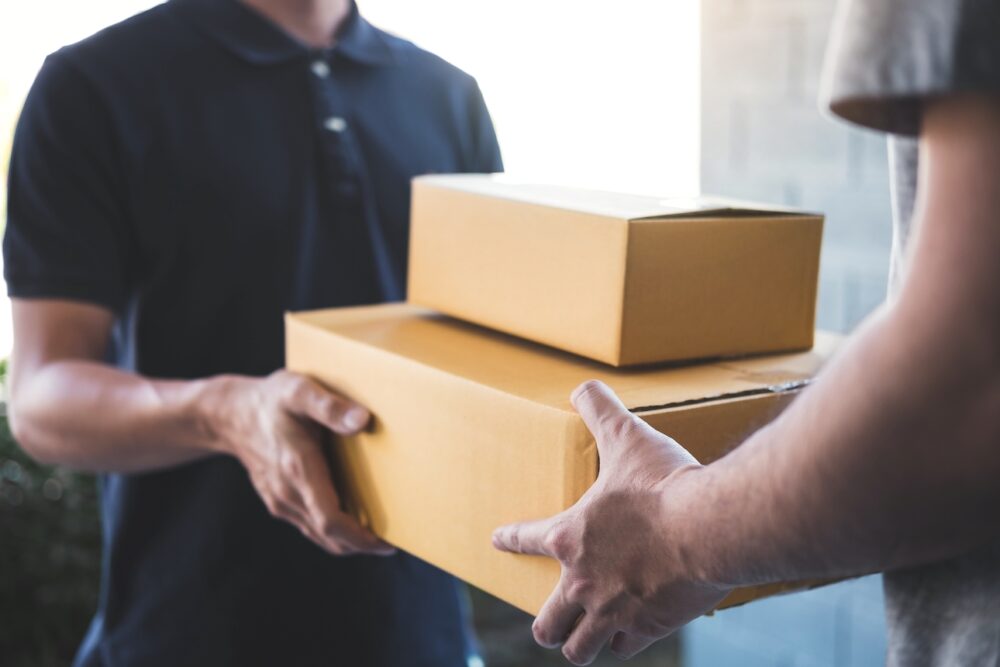Two thirds of Gen Z want brands to deliver products and solutions that appeal to their social conscience but don’t know enough to identify which delivery services are sustainable, according to a new sustainability report* from UNiDAYS, the Gen Z affinity network. UNiDAYS developed the report in partnership with leading sustainable and eco-friendly delivery service Zedify.
Going further, almost two fifths (39%) believe the responsibility for being environmentally and socially sound lies with brands – compared to just over a quarter (26%) who think it is the government’s role and 13% who see accountability sitting with individual consumers themselves.
Overall 55% of students are buying more eco-friendly products than a year ago and two in three (65%) are planning to purchase more of them in 12 months time. Putting the planet front of mind, 80% of Gen Z would also consider paying more for delivery if products met their sustainability expectations, with over half of respondents willing to pay 20% to 30% more.
🏆
The 2024 Creative Retail Awards are open for entries.
The Creative Retail Awards are much more than a mere accolade; they represent the pinnacle of achievement in the retail industry. Garnering a nomination or winning one of these awards is a testament to innovation, excellence, and leadership.
www.creativeretailawards.com
Surprisingly, one in three students are even willing to forego convenience and believe brands should stop providing next day delivery if it improves their sustainability. This number rises further to 39% for deliveries under minimum set values.
With Gen Z’s appetite for lower-carbon delivery being made clear, it is surprising that ParcelSupport’s recent research showed that only 4% of retailers offer carbon neutral delivery (a category of sustainability Gen Z feels most informed about), just 6% offer less packaging as an option at checkout and none provide sustainability messaging in their delivery communication.
The opportunity for retailers to build loyalty with Gen Z consumers is clear. Initially improving the transparency around their delivery services will enable environmentally-conscious Gen Z-ers to make an educated choice about their purchase habits. Other education measures could see brands help consumers better understand collated delivery options to limit the impact of last-mile delivery.
For those brands that are able to update services, and benefit from early-mover advantages, 48% of Gen Z would be more likely to purchase a product if last-mile delivery was completed by an e-cargo bike and 33% would like to see their delivery arrive in an electric van.
However, brands still need to be careful with price. Of students who now buy from preloved shops and apps, 73% do so to help the environment – but 86% shop here for the lower prices. So even as sustainability offers improve, this price-savvy generation will still have an eye on value.
“Our research is a clear signal for brands that Gen-Z are ready to commit to more sustainable shopping habits. They are already shifting to purchasing more second-hand products and this should encourage retailers to deliver and communicate more sustainable solutions,” comments Alex Gallagher, Chief Strategy Officer at UNiDAYS.“Students are seeking more information about simple, cost-effective and sustainable purchasing options and the brands that deliver these first will gain a clear competitive advantage with this apex consumer group.”
Jon Williams, CCO at sustainable last mile delivery company Zedify, says “Gen Z have seen fashion brands focus heavily on sustainable production of clothes but, as the report shows, there are a surprisingly small number of retailers offering sustainable deliveries which decarbonise the last mile, rather than just offsetting its emissions. With the report showing Gen Z are least informed about the eco credentials of deliveries, there is a brilliant opportunity for retailers and brands to start issuing clear sustainability messaging through their delivery methods, in order to communicate more transparently and build trust within this growing consumer base. This will empower environmentally-conscious Gen Z-ers to make more educated choices about their purchase habits.”
















